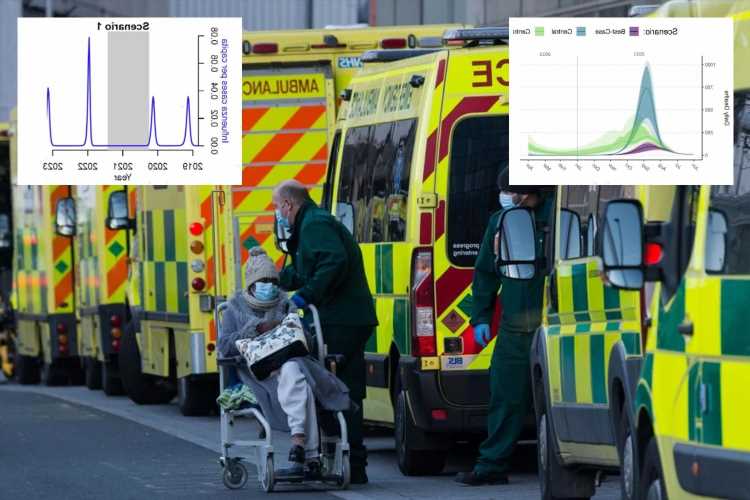A POLLEN bomb can bring misery for millions of hay fever sufferers across the UK.
Warm weather and spells of sunshine are always welcomed but it can also cause a huge surge in pollen levels hitting sufferers hard. We reveal all…
What is a pollen bomb?
According to the New Scientist, plants need a period of cold then warm weather before they can flower.
But if there is a long winter, plants that couldn't flower earlier in the spring are more likely to do so all at once.
The term is known as a "condensed spring" because it is far shorter than normal.
This causes more pollen to be produced – causing misery for hayfever sufferers.
Tree pollen is likely to be worse, which affects one in four Brits.
Does it make hay fever symptoms worse?
In short – yes.
Sufferers will experience cold-like symptoms – such as itchy eyes and a runny nose – but the threat could be more serious.
Half of Brits plagued by hay fever could experience deadly asthma attacks triggered by the pollen.
Hay fever and asthma are closely linked, with around 80 per cent of people with asthma finding their symptoms are made worse when pollen counts are high.
You can check pollen levels on the Met Office website.
What can hay fever sufferers do?
Sonia Munde, nurse manager at Asthma UK, said anyone who has both asthma and hay fever should ensure they are taking antihistamines and nasal steroid sprays, and ensure they take their preventer inhaler as prescribed to ward off an attack.
She added: "Pollen is a top trigger for asthma attacks at this time of the year, affecting an estimated 3.3million people with asthma in the UK.
"People with asthma who also have a pollen allergy not only experience classic hay fever symptoms such as itchy eyes and a running nose, but are also at an increased risk of a life-threatening asthma attack."
Holly Shaw, nurse adviser at Allergy UK, urged people to stock up on antihistamines to help manage their symptoms.
How has the UK weather created the weather bomb?
Typically the hay fever season starts in mid-March, with tree pollen blooming until May.
Grass pollen season peaks in the first two weeks of June and these peaks, the Met office says may be masked by how wet, dry, warm or cold it is.
LATEST ON WEATHER
SHAKEN UP What to know about Haiti's earthquake
Winter storm Jasper sparks weather warnings as snowfall breaks records
Haiti hit by 5.6 quake days after anniversary of disaster that killed 250,000
Brits to brace for -7C Arctic blast with snow and ‘severe’ frost for days
Allergy expert Max Wiseberg warned: “When the tree pollen season is delayed, more trees are likely to release their pollen at the same time, creating a time bomb waiting to explode.
“Peaks of tree pollen could be higher than normal.
"The recent cold wintry weather provided the optimum conditions for this to happen.”
Source: Read Full Article









